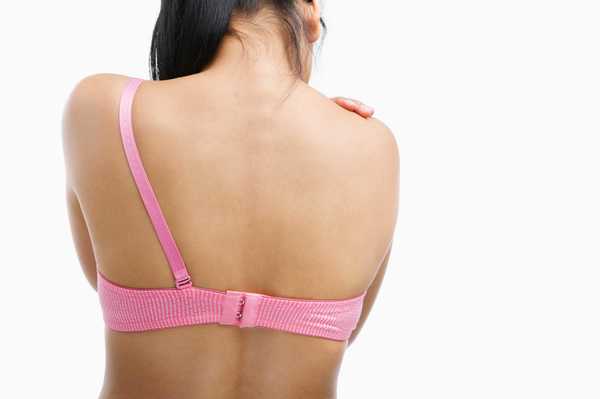BREAST cancer is the most commonly diagnosed cancer among woman in Australia with one in eight women developing the disease in their lifetime.
According to the National Breast Cancer Foundation (NBCF), 15,600 women will be diagnosed with breast cancer in 2015 and by 2020 an average of 47 women every day, or 17,210, women are projected to be diagnosed with the disease.
Women aged between 40 and 69 are more likely to be diagnosed with breast cancer, but Australian women diagnosed with the disease have an 89 per cent chance of survival five years after diagnosis.
NBCF said the improved survival rate is due to early detection through regular mammograms and improved treatment outcomes for breast cancer, but there is still work to do with seven women a day still dying from the horrible disease.
What is breast cancer?
The National Breast Cancer Foundation (NBCF) described breast cancer as a malignant tumour that originates in the cells of the breast. Cancer develops when cells grow abnormally and multiply. These abnormal cells develop into cancerous growths that can, in some cases, spread (metastasise) to other areas of the body. Breast cancer occurs predominantly in females, although men can also develop the disease, accounting for about one per cent of cases.
What should I look out for?
The National Breast Cancer Foundation (NBCF) said there were a number of signs to look out for including a lump, lumpiness or thickening of the breast, or a change in shape, crusting, a sore or ulcer, redness or inversion of the nipple.
Also look out for discharge from the nipple that is blood-stained, clear or occurs without squeezing, plus any changes in the skin of the breast such as puckering or dimpling.
Changes in the size or shape of the breast, including an increase or decrease, can also be a sign of breast cancer.
According to the NBCF, the best way to recognise any changes is to get to know what is normal for your breasts and regularly check for any changes.
The NBCF runs the Register 4 which is an online initiative where you can sign up to participate in breast cancer research, or call BreastScreen on 13 20 50 for a free mammogram if you are aged between 50 and 69.








